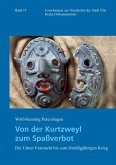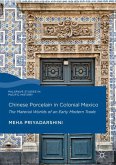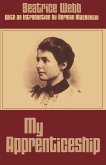This book tells the stories of women from Spain, North Africa, Senegambia, and Canaries accused of sorcery in sixteenth-century Mexico for adapting native magic and healing practices. These non-native women - the mulata of Seville who cured the evil eye; the Canarian daughter of a Count who ate peyote and mixed her bath water into a man's mustard supply; the wife of a Spanish conquistador who let her hair loose and chanted to a Mesoamerican god while sweeping at midnight; the wealthy Basque woman with a tattoo of a red devil; and many others - routinely adapted Native ritual into hybrid magic and cosmology. Through a radical rethinking of colonial knowledge, Martin Austin Nesvig uncovers a world previously left in the shadows of historical writing, revealing a fascinating and vibrant multi-ethnic community of witches, midwives, and healers.
'This is a beautifully crafted historical reflection on how dozens of mid sixteenth-century humble women from Spain, North Africa and West Africa used Nahua herbs and spells to manipulate bodies and nature to heal, seduce, and curse. The Inquisition did not try any of these women as witches, but it left rich documentation on the massive acculturation of Old-World newcomers to indigenous practices and ideas.' Jorge Cañizares-Esguerra, The University of Texas at Austin








